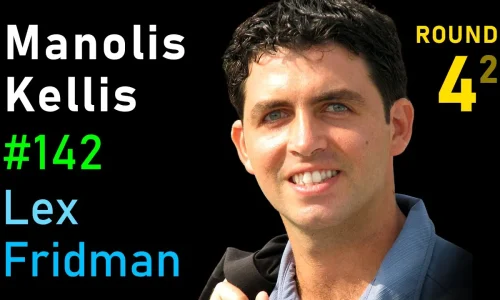See all Lex Fridman transcripts on Youtube

Manolis Kellis: Meaning of Life, the Universe, and Everything | Lex Fridman Podcast #142
2 hours 10 minutes 56 seconds
🇬🇧 English

Omnivision Solutions Ltd
- Getting Started
- Create Transcript
- Pricing
- FAQs
- Recent Transcriptions
- Roadmap